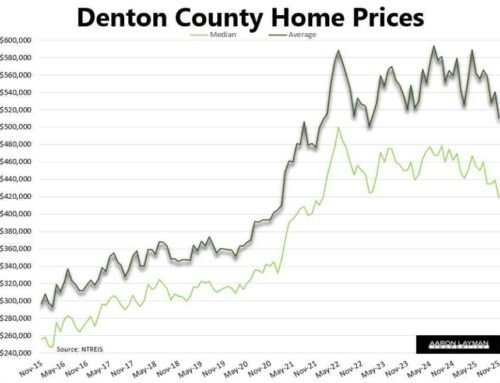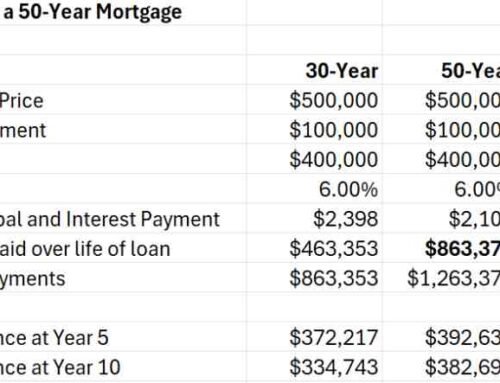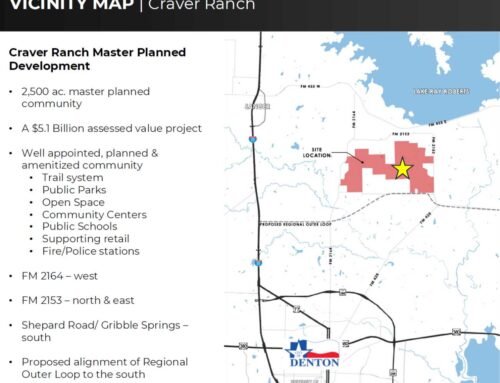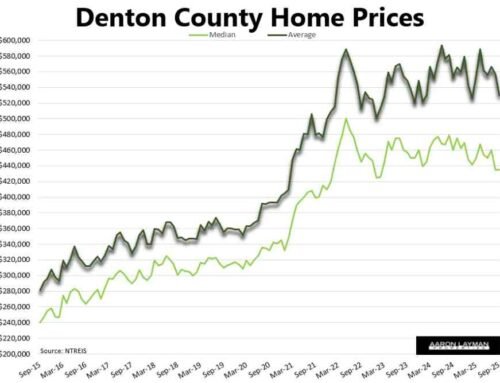The circulation decline at the Dallas Morning News during the last few years might have something to do with the quality of the content. This is just the opinion of your humble blogger. According to Statista, the circulation of the DMN dropped in each of last three years for both daily and Sunday papers. Circulation of Dallas’ largest paper still edges out the Houston Chronicle, but that’s not saying much. While the number of readers of both papers is significantly higher, it appears fewer people are paying for the old print newspaper. Looking a the quality of the content, why should they? Even if more people are receiving a digital version of the paper, the quality of the content is often less than stellar.

Find more statistics at Statista
The real estate desks of both of these papers provide a perfect example of why fewer people are paying for traditional newspapers. In the era of Google, Facebook and 24-7 gratification, papers like the Dallas Morning News and the Houston Chronicle have devolved into a barrage of regurgitated press releases and re-treads of other supposed “news” as they push for more digital subscribers.
This is how you get a misleading article like the one about how fast DFW homes are moving. Citing flawed metrics from a Zillow “senior economist” the article mentions how homes are still selling at one of the fastest rates in the nation. DFW area homes are still moving quickly, but not at the pace the article might have you believe.
For starters, virtually anything Zillow reports on Texas real estate should be taken with a grain of salt since Texas is a non-disclosure state. This is why it’s a journalistic travesty that the DMN article doesn’t also reference NTREIS data, the actual MLS data covering the Dallas Fort Worth housing market. Quoting an average home sales time of 55 days last year and 52 days through the first quarter of 2018, you might get the impression that the DFW housing market is even hotter than last year. That would be a blatant misunderstanding of the truth.
Zillow’s supposed time to sell an average DFW home is off the mark, and NTREIS data help to explain why that piece is so misleading. According to NTREIS data the average price of a DFW home actually sold in March was about $312,000.
Looking at March closed sales in the $300,000 to $325,000 price range I can see that the average cumulative days on market for a DFW home was 59 days. According to NTREIS data average DOM was 68 days in February and 70 days in January for the same price range. Oops! So much for that Zillow estimate on the first quarter 2018 sales pace.
Looking at March 2018 closed homes priced between $325,000 to $350,000 average days on market grew to 64. For homes priced between $350,000 to $400,000 average days on market swelled to 73. For homes sold in the $400,000 to $450,000 price band days on market grew to 75 according to NTREIS statistics. For homes priced $450,000 to $500,000 it took 80 days to move them.
Notice a trend? It takes more than 52 days to move the average DFW home, and it certainly takes more time to sell more expensive properties in the Dallas Fort Worth area. Affordable homes are still moving very quickly in the DFW area, but as you move up the price bands the commonly referenced “average” or “median” statistics no longer apply. Not surprisingly, the numbers referenced by Zillow look like garbage when compared to actual MLS sales data.
Belo Corp, parent of the Dallas Morning News, announced that CEO Jim Moroney was retiring in May. While they cited the “digital transformation” and mentioned “diversifying sources of revenue”, they also mentioned that revenue has been declining in recent years. Not surprisingly, the piece makes no mention of circulation stats. Go figure! It looks like Moroney is getting out at a good time. Belo Corp’s stock (AHC) hasn’t exactly impressed either. Until federal regulators decide to actually break up the ridiculously obvious monopolies at Facebook and Google, real news will likely continue to suffer. That’s a shame, because the public deserves better journalism.
I welcome the day when Google and Facebook are broken up. Maybe then papers like DMN and the Chronicle can afford to hire more editors and journalists. As consumers of news we are apparently on our own for now. It seems editors and fact-checking are no longer a priority at major newspapers whether that be digital or print versions. If you are looking for news on the health of the local real estate market, be careful where you get your “news”.
Professor Scott Galloway offers some pretty clear explanations of why our tech titans need to be broken up. These are some of the same reasons why the quality of the content at local newspapers has declined. They simply can’t compete in a market that is obviously stacked (aka rigged) against them.










Leave A Comment